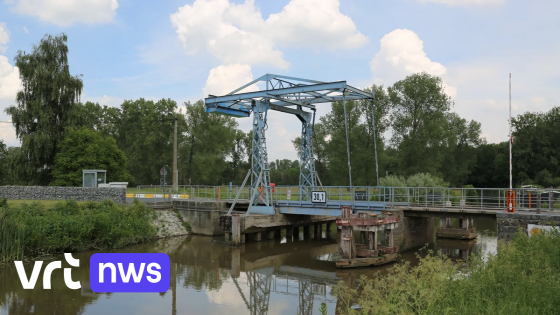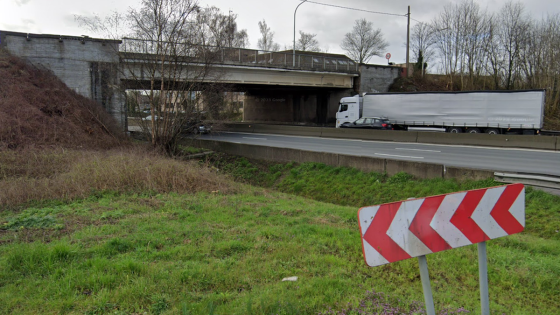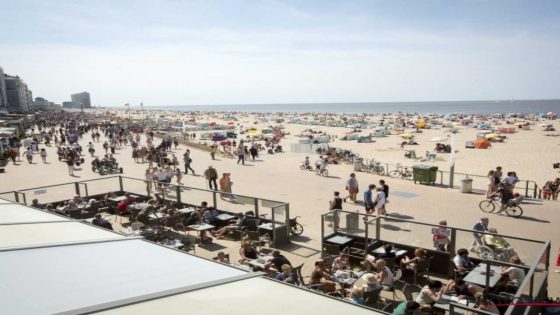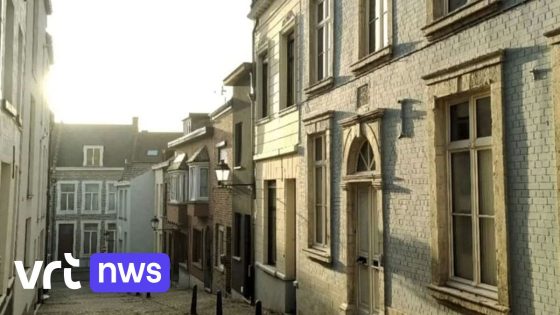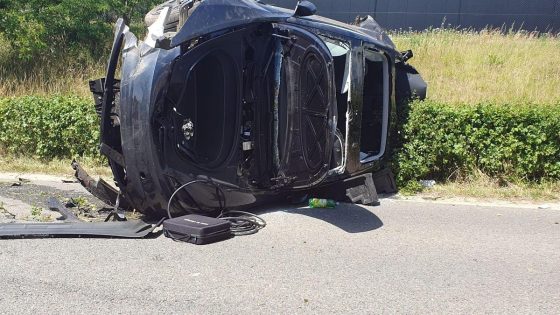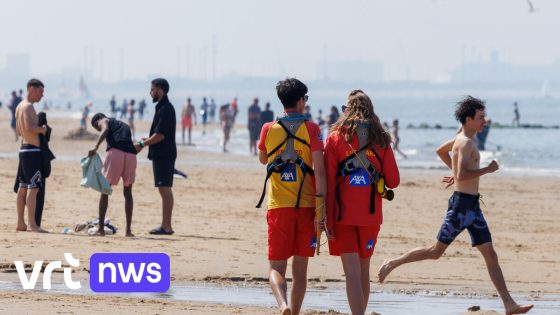On 2025-07-02 13:29:00, the Vlaamse Waterweg announced a new measure affecting the Kanaal Dessel-Turnhout-Schoten. To prevent disruptions caused by recent heatwaves, all car bridges along this canal will remain lowered indefinitely. This decision means that boat traffic will be completely halted in the area.
- Autobruggen Kanaal Dessel-Turnhout-Schoten blijven omlaag
- Scheepvaart op kanaal wordt onmogelijk gemaakt
- Vlaamse Waterweg neemt hittevoorzorgsmaatregel
- Hitte veroorzaakte gisteren brugblokkades
- Autobestuurders moesten door blokkades wachten
- Woordvoerder Stinissen wil wachttijden vermijden
The move comes after several bridges became stuck due to the intense heat, causing significant delays for motorists. “We want to avoid drivers waiting in traffic jams caused by bridge malfunctions,” said spokesperson Liliane Stinissen. This proactive step aims to maintain safety and traffic flow during extreme weather conditions.
How will this impact local commuters and businesses relying on canal navigation? And what alternatives are available for affected boat operators? The answers reveal the broader challenges of adapting infrastructure in a warming climate.
The decision raises important questions about balancing road and waterway traffic in Belgium’s busy transport network. While prioritizing motorists reduces wait times and avoids heat-induced bridge failures, it also halts commercial and recreational navigation. Key points include:
- Heat causes mechanical issues that block bridges, impacting traffic flow.
- Lowering all car bridges prioritizes road safety and driver convenience.
- Boat operators lose access to the canal, affecting logistics and tourism.
- Long-term infrastructure resilience may require further investment.
As temperatures rise, will similar precautions become the norm across Belgium’s waterways? Authorities and users alike should stay informed and consider alternative routes or transport modes while solutions are developed to safeguard both road and water traffic.



